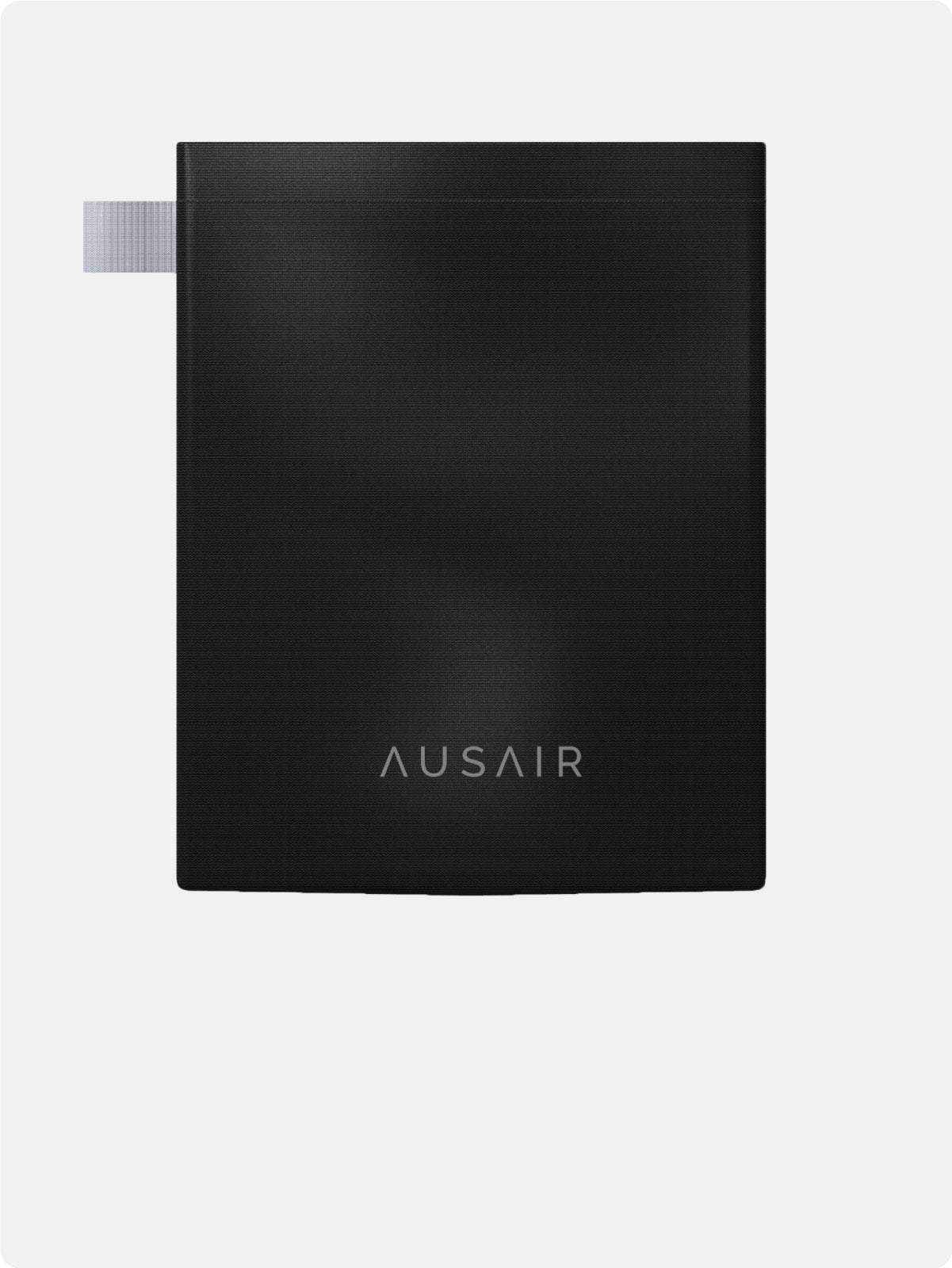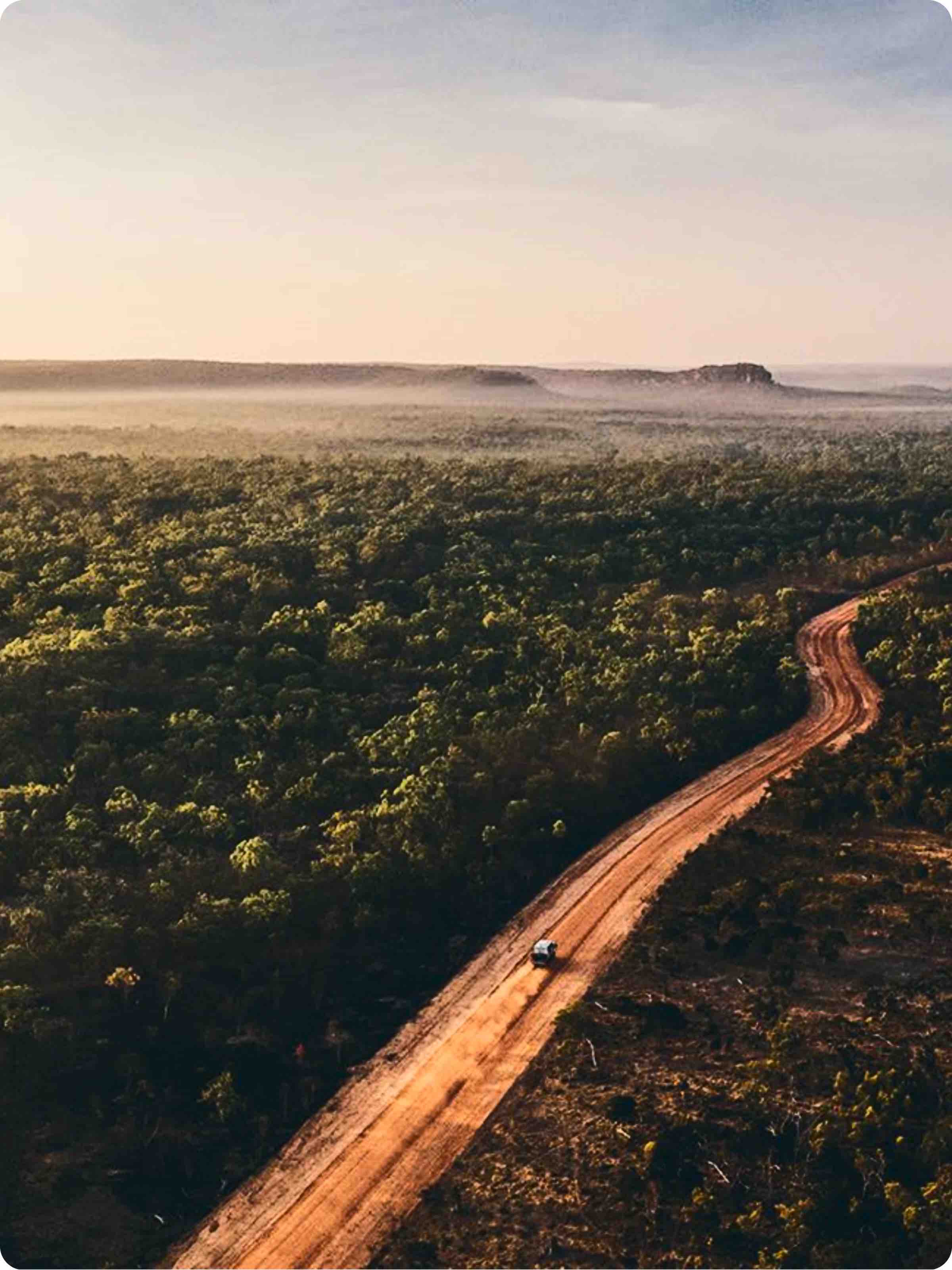A Global Health Crisis
Polluted air is a global health crisis. Every minute ten adults die prematurely because of dirty air inhaled over their lifetime. The five million deaths annually attributed to air pollution is larger than the annual death toll from war, murder, car accidents, plane crashes, malaria, tuberculosis, HIV/AIDS, and Ebola combined. Breathing clean air, with complete peace of mind should be a fundamental right for all persons. In March 2012, as a response to this health crisis the United Nations Human Rights Council to establish a mandate studying human rights obligations relating to the “enjoyment of a safe, healthy and sustainable environment.” The fight has begun to reclaim clean air for all, and to recognise it as a basic human right, but there is still a long way to go until this is truly a reality.
The World’s Leading Experts Have Their Say
Recently, five of the world’s leading academies of science and medicine—from Germany, Brazil, South Africa, and the United States—collaborated in issuing a urgent warning about the current state of air pollution and its terrible toll. These experts made three key points.
First, these experts insist that the body of evidence revealing the negative impacts of air pollution on human health is undeniable. Breathing in unclean air causes a whole host of health-related issues including; respiratory illness, heart disease, stroke, lung cancer and negative birth outcomes. Check out our recent blog if you want to learn more about the detrimental effects of air pollution on our health.
Second, air pollution is preventable through the application of strong policies and investments in clean technologies. These solutions have been well documented and pathways to success are well established. The benefits heavily outweigh the costs of research and development into such technologies and creating incentives for business to excel in these industries can promote innovation and change.
Third, the economic costs to individuals and entire economies is enormous. Children missing school, adults taking time off work combined with health care costs and the value of lives prematurely lost add up to trillions of dollars annually.
Recognising Clean Air as a Right
Air pollution has correctly been seen as an environmental issue in the last several decades, with policies focusing on ways to lessen its impact, however it is time that air pollution is also seen as a human rights issue. It is imperative that the ability to breathe clean air is the minimum expectation for all persons. Clean air should be considered as fundamental as access to other natural resources, like water. Dr. David R. Boyd the UN Special Rapporteur on human rights and the environment says it best:
“The human rights perspective changes everything, because governments have clear, legally enforceable obligations to respect, protect, and fulfil human rights… There is no room left for equivocating, no time left for debate. Clean air is not an optional policy objective. It’s a fundamental human right.” (The Human Right to Breathe Clean Air, 2019)
We want our community to stand up and fight for clean air to be recognised as a basic human right for all; now and for the generations to come. That is why we have joined Greenpeace’s international movement for clean air. We encourage you to sign up today and play your part in a global movement of people demanding politicians and businesses do more to tackle toxic air pollution.
















Leave a comment
All comments are moderated before being published.
This site is protected by hCaptcha and the hCaptcha Privacy Policy and Terms of Service apply.